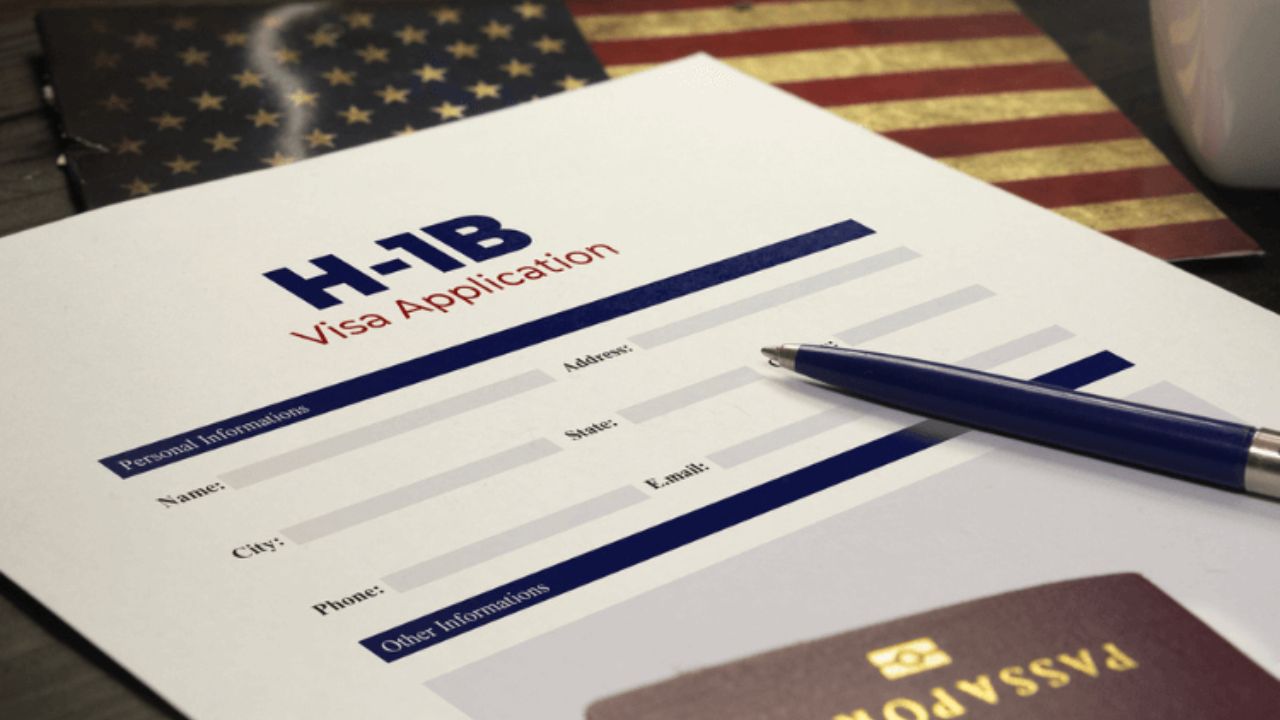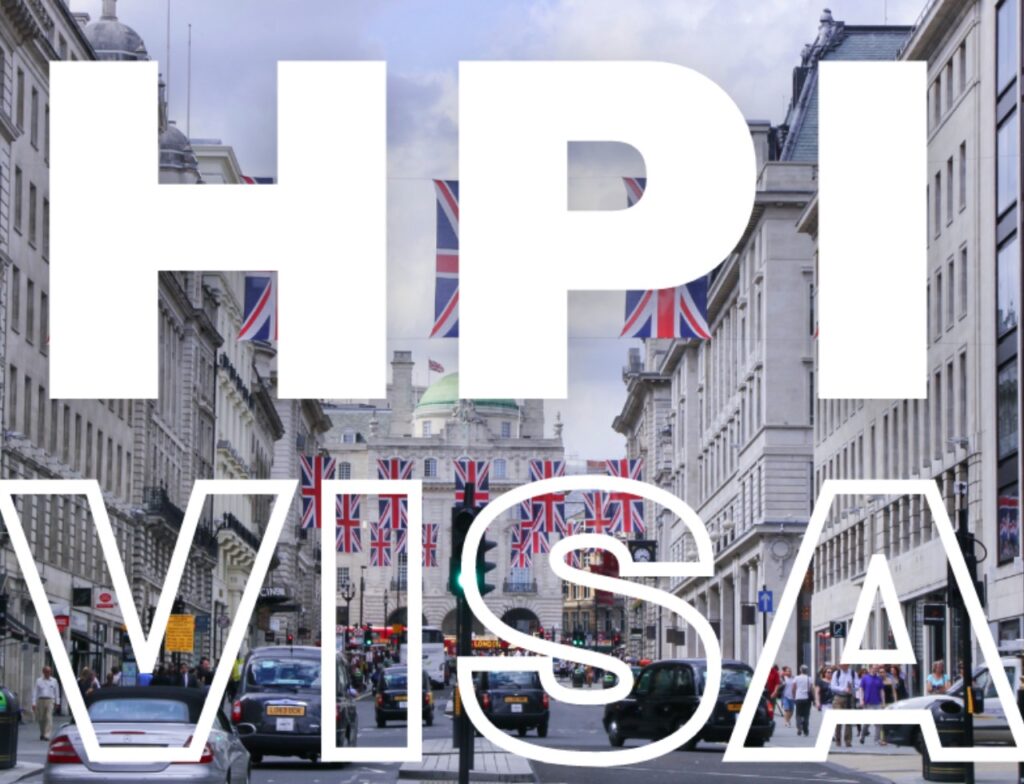The United States has informed the public that there will be a delay in the second phase of the proposed change in the H-1B visa system overhaul, which was likely to be later this year, at the end of 2024. The delay is problematic for several crucial regulations expected from the Department of Homeland Security (DHS) to help overhaul the H-1B program and strengthen F-1 student safeguards.
Some of the changes that have been made to the H-1B visa system
The first series of changes implemented involved the transformation of the application process for H-1B visas under USCIS, where the cap had been based on lottery through registration and is now based on selection through beneficiary. These changes have been followed by other new measures to reduce fraud while forming the basis for future amendments.
Modernization of the H-1B Program:
Cap-Gap Protections for F-1 Students: Anticipated improvements will retain continued work permission for F1 students to transfer to HIB status.
Specialty Occupation Definition: Proposed alterations concern efforts to change the parameters and specify what types of occupations are eligible for an H-1B visa.
Fraud Detection and National Security: The increase in site visits is applied to help avoid fraud and conformity.
USCIS Adjudicators: New rules are expected to set up a practice that will enable adjudicators to make references to prior decisions and also ease the application process.
Employment Authorization Extensions
In April 2024, DHS granted 540 days of automatic employment derived from renewal applicants, up from the initial 180 days proposed in the 2019 silence budget request. There is an ongoing consultation on whether this should be a permanent measure, and the periods applied for will be reviewed by December 7, 2024, at the latest.
Biometrics Collection for Noncitizens
Another photograph suggests that the DHS will further increase its power to take biometrics from noncitizens on exit. Collecting is currently restricted to pilot programs and specified channels of entry. The regulation that was planned to come into force starting in December 2024 will see off these provisions while improving the photograph rules at entry and exit.
Overhaul of the southerly H-1B/L-1 Border Security Fee
The H-1B/L-1 border security fee is also expected to grow. The following proposed fee changes reflect the Trump administration’s desire to make comprehensive modifications to current immigration policies. Still now, large employers are required to pay fees for H-1B or L-1 status witting, new visas, or changes in employer. It is proposed that these fees also apply to stay extensions filed by such employers by April 2025.
The developments made in the adjustment of the status process
Further improvements are anticipated for the adjustment of the status process:
Child Status Protection Act: Visa Availability—some further explanation.
Employment Authorization: Some extensions may be specified for certain derivative beneficiaries.
Travel Authorization: New Pathways for Protracted Displacement: The Future of Temporary Protected Status.
These modifications are planned to take place by August 2024.
Emerging Changes in the International Entrepreneur Parole Program
Currently, Immigration, Refugees, and Citizenship Canada still invests its resources in the IEPP; however, until August 2024, the federal Department of Homeland Security has proposed some alterations regarding the direct investment and revenue minimum for the IEPP. Further, new regulations to improve employment authorization for spouses who are dependents, increase flexibilities for nonimmigrants, and improve EAD policies are planned to be promulgated by January 2025.
Conclusion
The H-1B visa system is due for an upgrade, and the same goes for the F-1 student protection rules. The DHS has continued to work to update and make the immigration system better. The expected changes are to achieve fairer protections for international students, easier visa policies, and fraud prevention.





